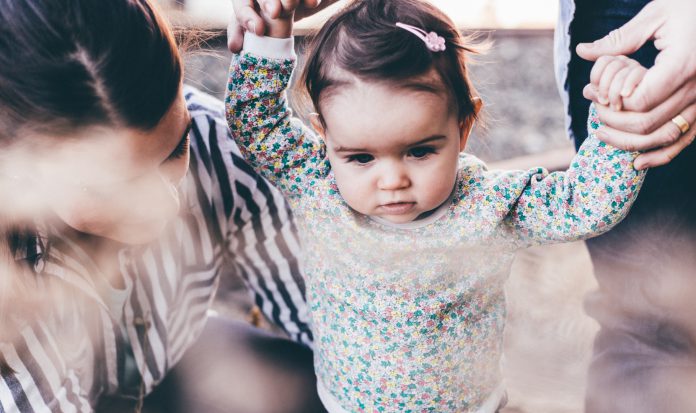It is quite common for people to ask, “O, nagwawalker na ba siya?” when they are curious about the development of your baby. Some even love to give walkers as gifts for their pamangkins or inaanak, may it be the plastic walkers or the bamboo walkers.
Some parents believe that walkers will help their babies learn how to walk, hence the name ‘baby walker’. They put down their babies in their walkers and let them roam around the house for minutes to hours. Some also see it as a way to entertain their babies, while some really rely on it for the pre-walking phase of their babies.
There’s no denying that it is exciting and heartwarming to witness your baby achieve his/her developmental milestones, such as walking. But are walkers really necessary during the stage when your babies are learning how to walk? Do babies really need walkers?
Developmental delays
In contrary, child development specialists and researchers claim that baby walkers can actually cause developmental delays. They say that babies who used walkers for a longer time would experience more developmental delays.
Walkers deprive babies of the time they need to spend on the floor to practice repetitive movements that would eventually help them walk. When babies are in a walker, they cannot use their feet properly. Instead, they only use their toes to ‘walk’. This causes some legs muscles to tighten and as such impedes normal walking development. Further, when babies are taken out of their walkers, they would have the tendency to still use their toes.
In a walker, the weight of the baby is on the walker. As a result, the baby does not learn how to balance himself/herself. Babies should learn how to balance, a very important development skill, when they sit and try to pull themselves up, which they cannot do when they are in a walker.
Spending time on walkers also mean less time on hands and knees. This crawling position allows the baby to carry his/her own weight through the shoulders and pelvis. Different movements are required before babies can walk and putting them in baby walkers deprive them of practicing these important pre-walking movements.
Baby walkers are also considered to be dangerous for babies as they have the tendency to move too fast and babies do not have complete control over it. This might cause the baby to crash into something, tip over, and fall down steps or stairs.
Using a baby walker poses a lot of risk and potential delays in the development of your babies. If your intention is to help your babies learn how to walk, let them learn it the natural way – on the floor. Let them practice sitting down and pulling themselves up. Don’t worry about falling, it’s part of learning. As they say, experience is always the best teacher.
Reference: Pregnancy Birth Baby
Join our MomCenter Community on our Facebook page and Facebook group for more insights on motherhood and parenting.





